What the May jobs numbers tell us about recession fears
The sharpest opinions on the debate from around the web

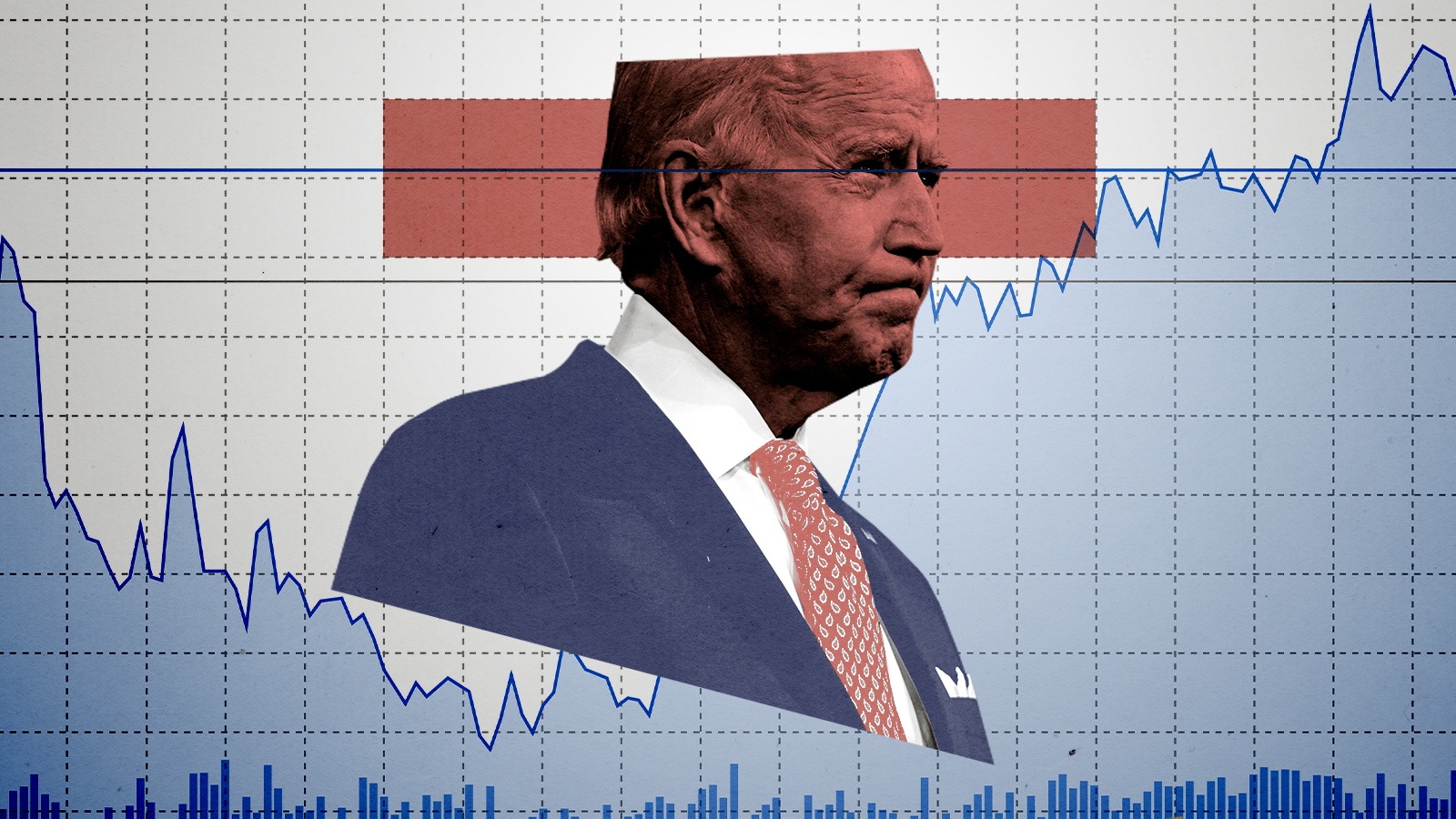
A free daily email with the biggest news stories of the day – and the best features from TheWeek.com
You are now subscribed
Your newsletter sign-up was successful
The U.S. added 390,000 jobs in May, the Labor Department announced in its latest monthly report on Friday. Here's what the experts had to say about the numbers:
Overall, this is good
Economists seemed to respond optimistically to the May report, despite unemployment having held steady at a still-positive 3.6 percent instead of dropping to the estimated 3.5. And though average hourly earnings jumped 5.2 percent in the year through May (good news for workers, but tough news for policy), wage growth slowed slightly from April in what some are taking as a sign of possible cooling and moderation.
"Despite the slight cooldown, the tight labor market is clearly sticking around and is shrugging off fears of a downturn," Daniel Zhao, Glassdoor's senior economist, told CNBC. "We continue to see signs of a healthy and competitive job market, with no signs of stepping on the brakes yet."
The Week
Escape your echo chamber. Get the facts behind the news, plus analysis from multiple perspectives.

Sign up for The Week's Free Newsletters
From our morning news briefing to a weekly Good News Newsletter, get the best of The Week delivered directly to your inbox.
From our morning news briefing to a weekly Good News Newsletter, get the best of The Week delivered directly to your inbox.
While total employment currently remains below pre-pandemic levels, "[w]e're in the homestretch here," Appcast labor economist Andrew Flowers told The New York Times: "We could be about two months from being at the employment level that we had in pre-pandemic times in February 2020."
Meanwhile, the labor force participation rate — or, the percentage of the population that is employed or actively looking for work — grew to 62.3 percent in May, which, when combined with the slightly slower job growth, is another "encouraging sign that the labor market is coming back into balance as demand cools and supply improves," the Times writes. As the Economic Policy Institute's Heidi Shierholz said, despite falling below the "blistering average pace" of per-month job growth over the last year, the May jobs total is still "extremely strong."
The Times' Ben Casselman offered up a similar take:
Hitting back at recession doomsayers
If you ask economist Justin Wolfers, Friday's report should actually allay any lingering fears of a recession — there's "simply no sign" of one in the data, he said. Rather, the economy is "motoring along. Goldilocks is more concerned it's running too hot rather than too cold."
A free daily email with the biggest news stories of the day – and the best features from TheWeek.com
As positives, Wolfers highlighted the fact that "people keep returning to work," and that nominal wage growth is "slowing in a way that should calm the wage-price spiralizers a bit."
And to further cement his point, the Times contributor even took a jab at what he feels is a disparate narrative surrounding the state of the economy and the media's interpretation of it: "I can't remember seeing a greater disjunction between media commentary on the economy (every second story seems to be about risk! of! recession!) and economic reality."
A new challenge for Biden
Though a cooling economy is helpful at the moment, it's not without its risks or challenges.
For one, President Biden must now convince an inflation-weary public that a slowing economy is actually a good thing, Politico notes. Thanks to rising prices, Biden hasn't gotten much credit for the nation's speedy economic recovery, and a slowdown will likely be even harder to explain and convey to voters. And it's not like his messaging on the matter would be wrong, economists have said: "Slower job and wage growth could ease rapid inflation and take pressure off the Federal Reserve to jack up interest rates even faster," Politico writes.
Still, it's a difficult needle to thread. If things slow down too much, it risks rendering moot all of the progress made thus far.
"There is no question that you'd like to see the jobs numbers dropping a little so the Fed isn't forced into bigger rate hikes," MetLife Investment Management's Drew Matus told Politico. "But there is also a bit of 'careful what you wish for' about it. Because you don't want it to slow too much or in the wrong areas."
Even so, the Fed is "right to be rapidly moving interest rates to neutral," posited economist Jason Furman. "We might get lucky and have inflation come back down on its own, their actions are more about locking that in than making it happen."
Brigid Kennedy worked at The Week from 2021 to 2023 as a staff writer, junior editor and then story editor, with an interest in U.S. politics, the economy and the music industry.
-
 What are the best investments for beginners?
What are the best investments for beginners?The Explainer Stocks and ETFs and bonds, oh my
-
 What to know before filing your own taxes for the first time
What to know before filing your own taxes for the first timethe explainer Tackle this financial milestone with confidence
-
 The biggest box office flops of the 21st century
The biggest box office flops of the 21st centuryin depth Unnecessary remakes and turgid, expensive CGI-fests highlight this list of these most notorious box-office losers
-
 Unemployment rate ticks up amid fall job losses
Unemployment rate ticks up amid fall job lossesSpeed Read Data released by the Commerce Department indicates ‘one of the weakest American labor markets in years’
-
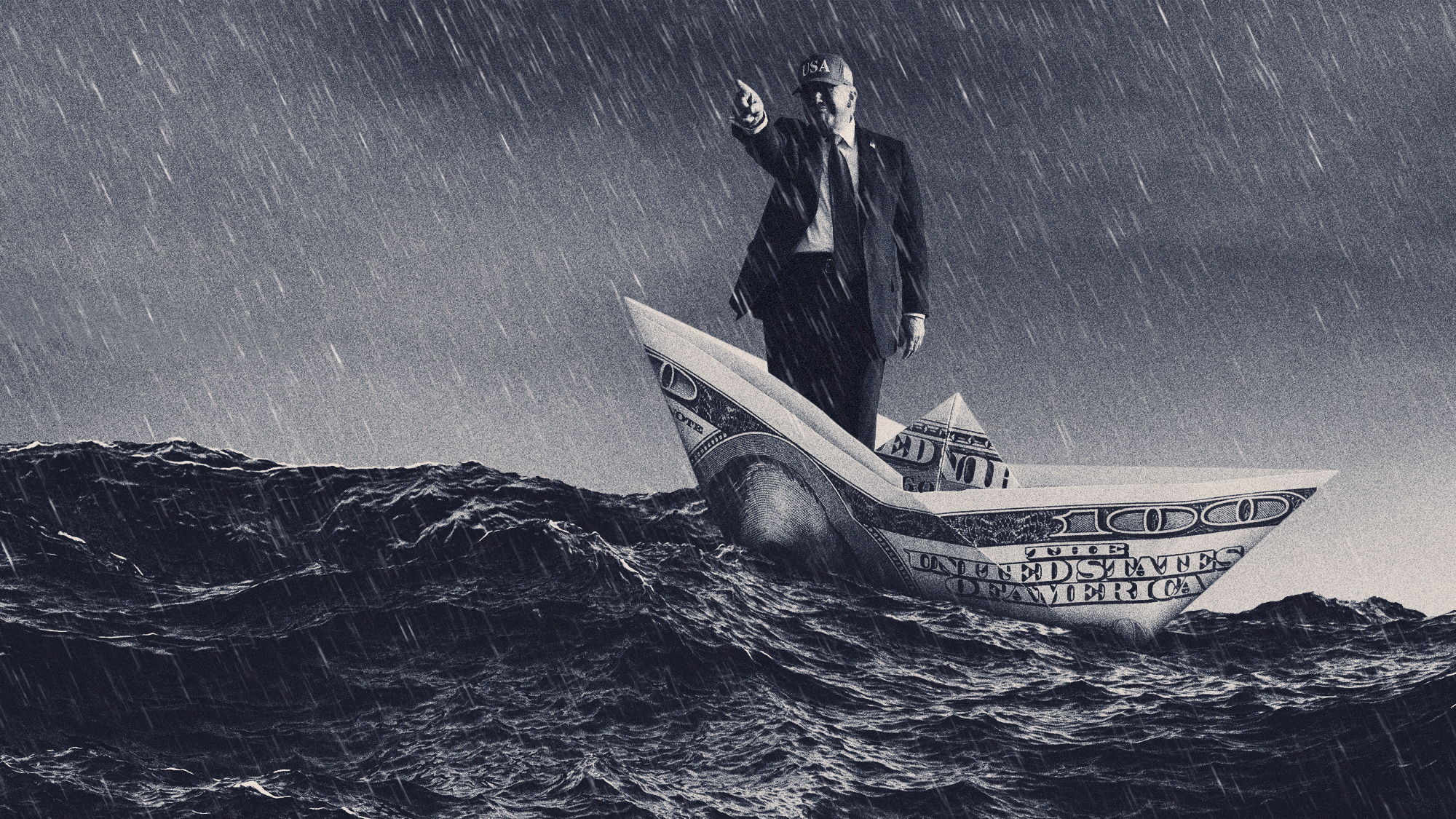 How is Trump's economy doing?
How is Trump's economy doing?Talking Points The latest jobs numbers suggest a slowdown in the offing
-
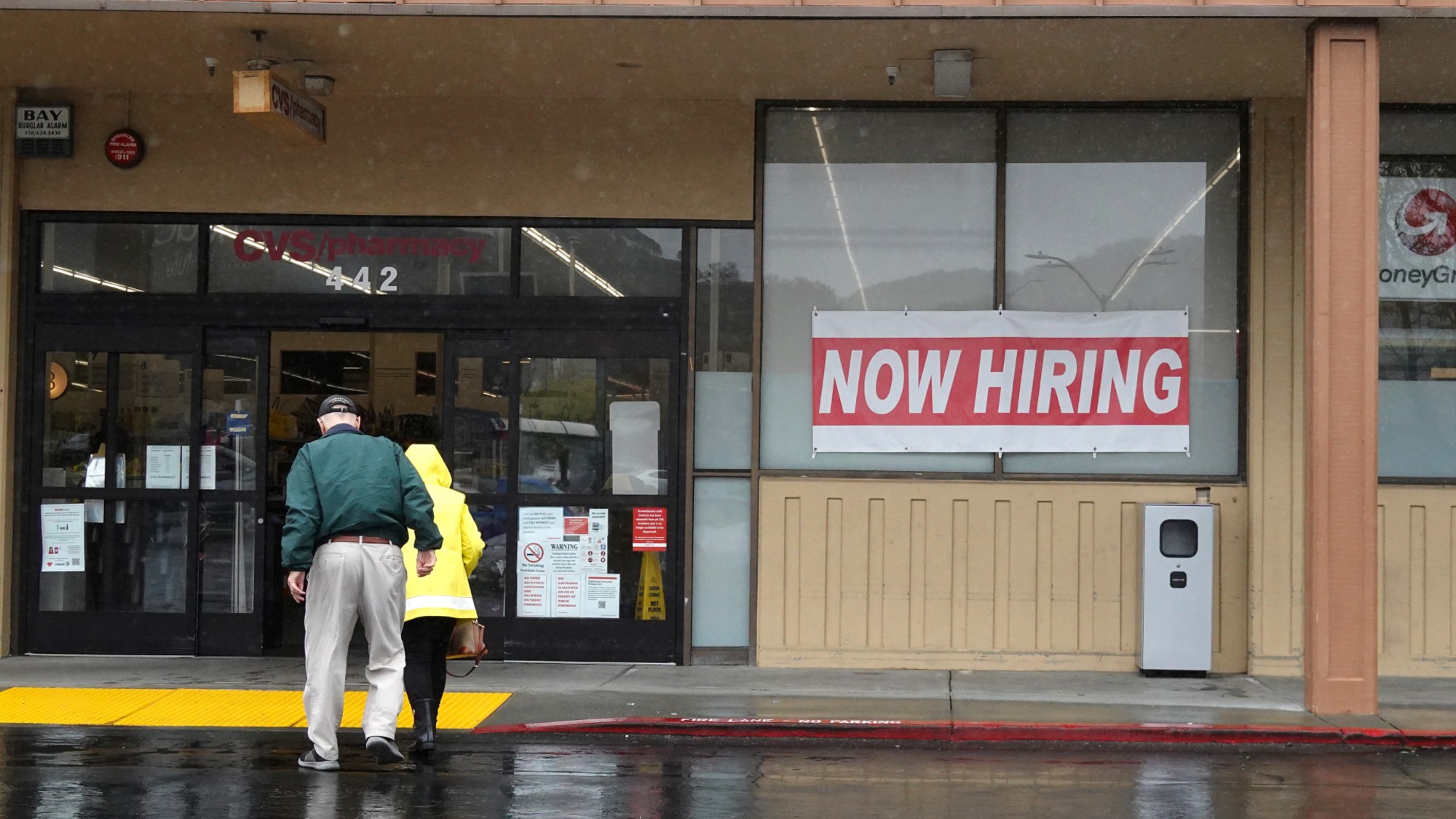 What is the job market's future after Trump's tariffs?
What is the job market's future after Trump's tariffs?Talking Points Economic analysts are split on what the tariffs could mean for employees
-
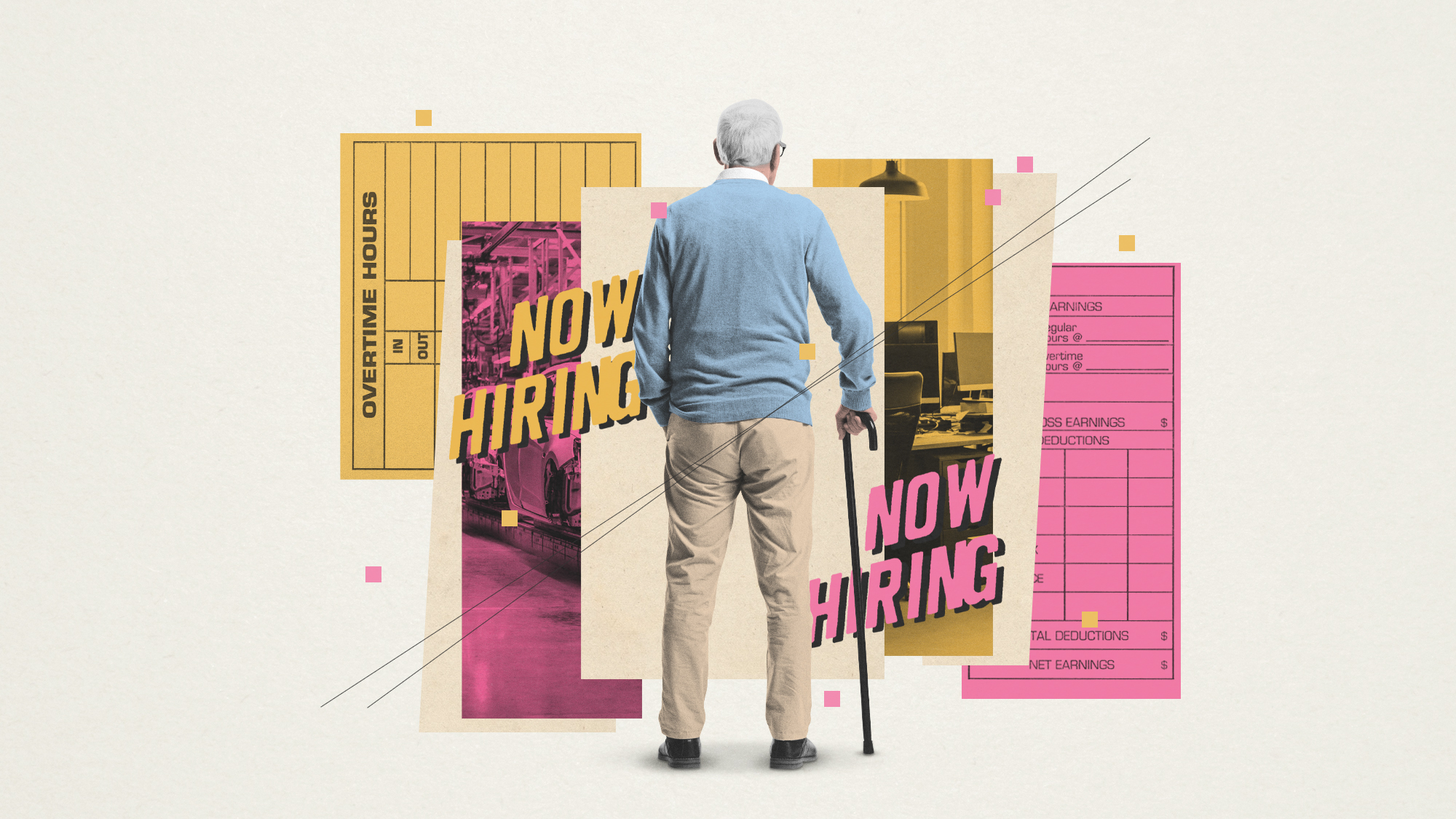 Why are older workers staying on the job?
Why are older workers staying on the job?Today's Big Question And what does it mean for younger workers?
-
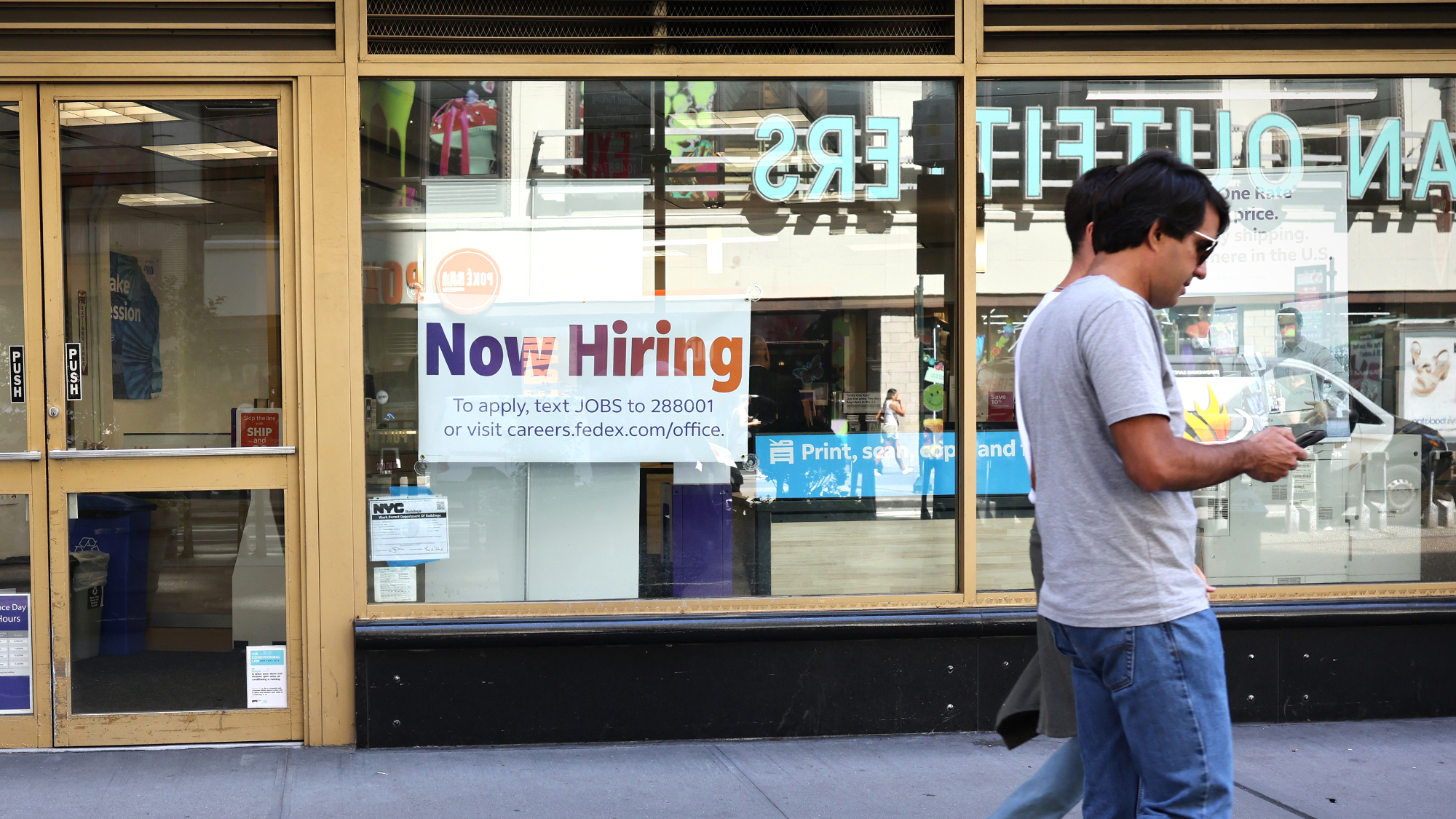 US job growth revised downward
US job growth revised downwardSpeed Read The US economy added 818,000 fewer jobs than first reported
-
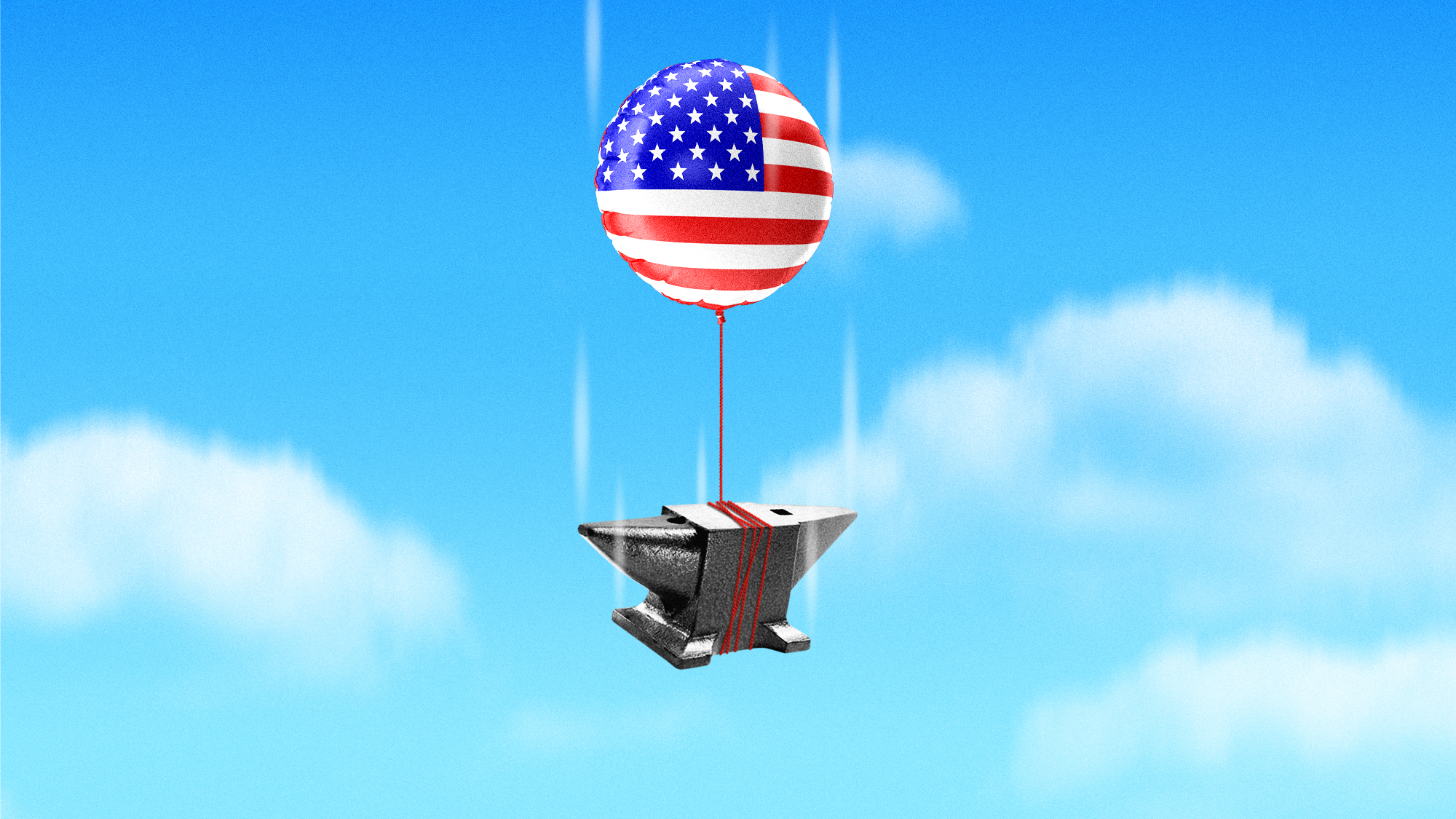 Are we getting a 'hard landing' after all?
Are we getting a 'hard landing' after all?Today's Big Question Signs of economic slowdown raise concerns 'soft landing' declarations were premature
-
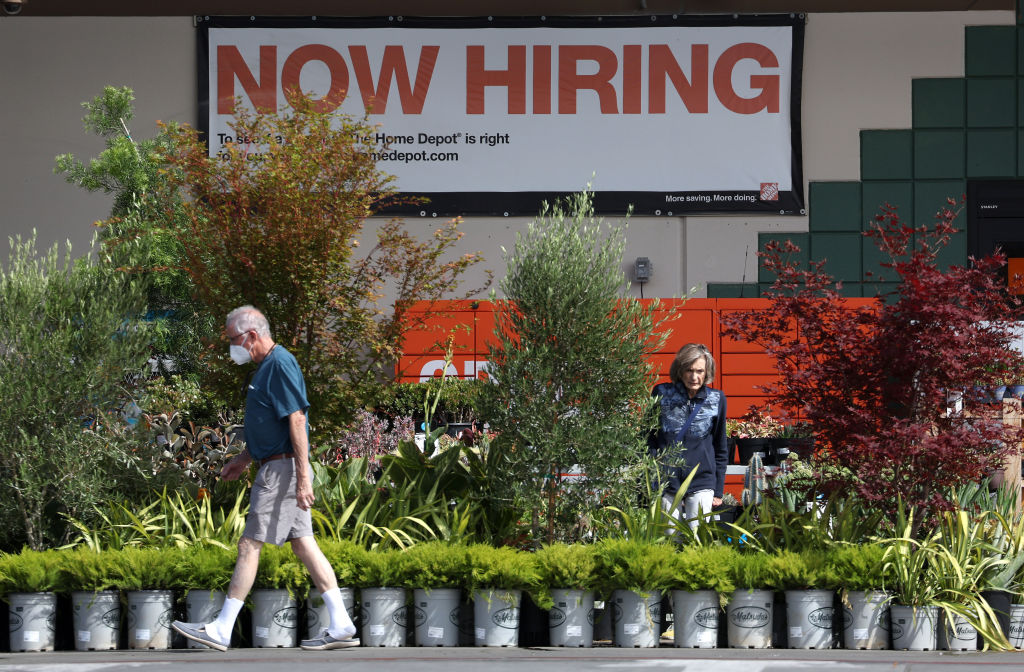 U.S. employers exceed expectations by adding 223,000 jobs in December
U.S. employers exceed expectations by adding 223,000 jobs in DecemberSpeed Read
-
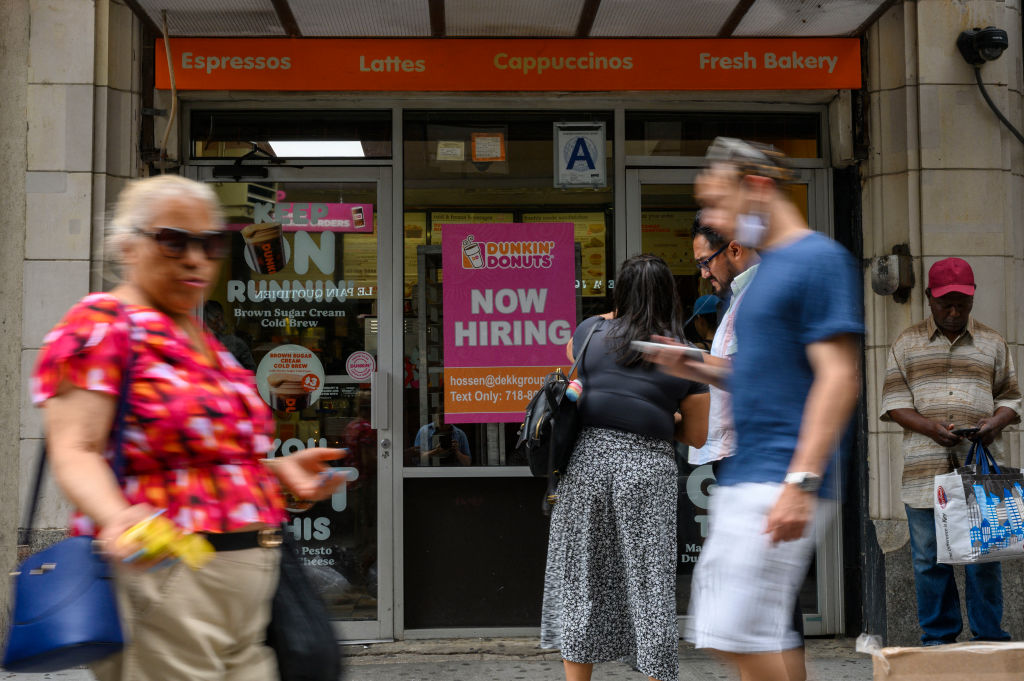 The U.S. added 263,000 jobs last month, beating expectations
The U.S. added 263,000 jobs last month, beating expectationsSpeed Read
